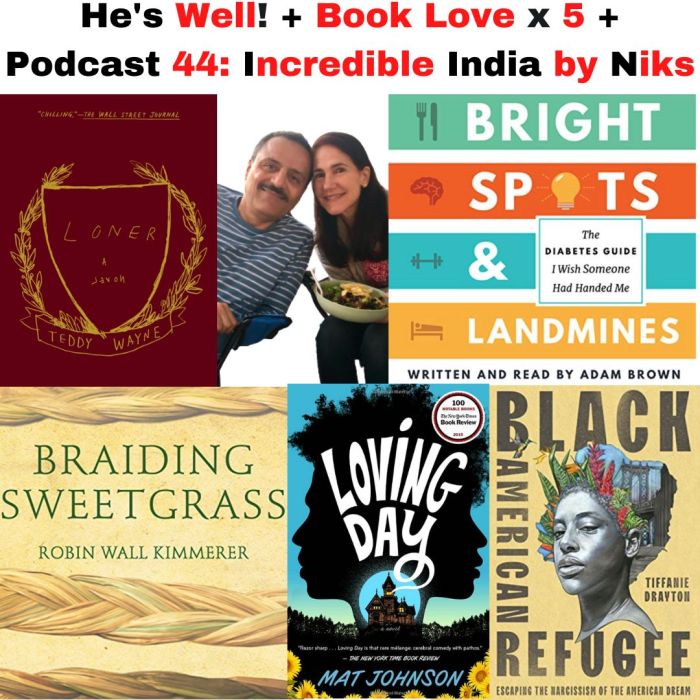
Thanks, everyone, for your kind thoughts for my husband’s speedy recovery. For anyone who missed last week’s post, Khashayar had Covid. (By the way, today we celebrate 23 loving years together as best friends in every way!)
Fortunately, six days later, he tested negative and no one else in our home came down with it. His experience was along the lines of an awful cold. For the last bit, each day he’s coughing less and has more energy, definitely on the mend. We thank our lucky stars that this incident turned out to be far milder than when we both got Covid, right before the vaccines came out. That time, whereas he needed several days of intravenous treatments, I didn’t feel as bad initially. However, now a year and a half later, it’s only a few months that I’ve completely regained my senses of smell and taste.
As for my writing, I’m working on a podcast version that’ll be a sort of enticement for people to get the book, which still needs artwork and formatting. Plus, I’m going to do one last push to see if I can catch the eye of a good literary agent.
Oh, trite yet true as it is, how time flies! Simultaneously, time taking care of someone in quarantine moves like molasses, the wishing they’ll recover and the waiting on them hoping that one can hasten things with enough goodies and pampering.
Along the way, I’ve finished several books. In no particular order, they’re all along the lines of how interconnected we are, how essential it is to find what serves us best, and how we hurt ourselves as much as each other when we regard the world as “them vs. us.”
“Loner: A Novel,” by Teddy Wayne, is clever first-person fiction about love turned horrific. Witty and profound, it’s an alternately funny and excruciating maze of suspense. If we don’t love ourselves, and if we’re a young man raised on boatloads of toxic masculinity, we’re bound for hellish concepts of heterosexual love. The outlook isn’t any brighter for a young woman brought up to battle toxic femininity amid patriarchy.
“Loving Day: A Novel,” by Mat Johnson, also takes a hard look at how we view ourselves and the world. What is race? Whatever your answer, think again. And again and again. Can it really be measured by where one’s ancestors were born and the color of their complexions — and should it? By not labeling oneself, are we naïve, or worse, sellouts?
Mat takes on a kaleidoscopic discussion of race, illustrated via a fictional account of a man whose skin is as light as his caucasian father’s, yet he resonates best with his dark-skinned African-American mother. That is, until he meets his teen-aged daughter after her white Jewish mom passes away. When the young woman tells him that, as far as she’s concerned, she’s white, he sets out to school her otherwise. Of course, this backfires. The point is, you need to read this book because it describes more succinctly and entertainingly than I can in this short blog post the conundrum of labeling. Some want to label themselves and others, some believe that by not acknowledging labels we’re splintering the power needed to combat injustice, others don’t want labels at all…
“Black American Refugee: Escaping the Narcissism of the American Dream,” by Tiffanie Drayton, is her autobiography. She’s dark-skinned, born in Trinidad, moves to New Jersey just before she starts elementary school. Her family then moves to Texas, next to Florida, and later she lives in New York. The longer she’s in the U.S., the more unwelcome she sees that people of color are. Taking us on her journey of self-discovery and realization, she ultimately finds she’s better off back in Trinidad. So are her children and her mother, where they all live now. Apologies to what can only amount to an oversimplification of the insights she shares as she steps us through just how insidious prejudice is, how profoundly it can harm the spirit.
Lastly, is “Bright Spots & Landmines,” by Adam Brown, his journey and insights on diabetes. Four months ago, I mentioned I was diagnosed as prediabetic.
“Don’t worry, you won’t develop full-blown diabetes for at least another ten years,” my doctor tried to assure me.
But I do worry. I’m skinny, exercise most days, and eat mostly vegetarian and hardly any processed food. My father ate better than I did and exercised more, yet he got it. His mom was middle-of-the-road, and she too got it. That’s why “just lose weight and eat more veggies” isn’t enough information for me.
The initial thunderbolt over, I’m still worrying. Doing my best to learn and experiment, I came across Adam’s outstanding book. He’s had type 1 diabetes since he was 12, in 2002 — which were the truly dark days of diabetes. We’ve got far to go with how diabetes is handled, from developing convenient ways to monitor ourselves and learn our bodies, to the basics of insurance companies not being truly stingy with prescribing blood glucose testers and the supplies that go with them.
Okay, chances are that your insulin resistance is perfectly healthy (pardon me while I envy you) — so why am I telling you about his book? Because he and it are amazing! And this comes through in all of his discussions, whether he’s speaking in very personal terms or sharing what he’s learned, always he models how to look at oneself soberly and become a problem solver. He’s a lover of life who demands an un-Polyana pledge to care for oneself, be it physically or emotionally — so that we can be our best for our loved ones and everyone around us, as well as ourselves — win/win and win! In a nutshell, he shows us how to obliterate what doesn’t work for us, Landmines, and amplify what does work for us, Bright Spots. Now that’s the kind of thinking everyone can use.
I lied — here’s another book — I’m just about finished reading, “Braiding Sweetgrass: Indigenous Wisdom, Scientific Knowledge and the Teachings of Plants,” by Robin Wall Kimmerer. A scientific botanist, she’s also a member of the Citizen Potawatomi Nation who views plants as important as humans. Her clear-eyed take on how tied we are to Mother Nature is poetically luminous. Earth needs us and we need Earth. We’re abundant in ways we don’t appreciate. If we work to heal the earth, the earth heals us.
What books make you think about things at a deeper level and how are you feeling?
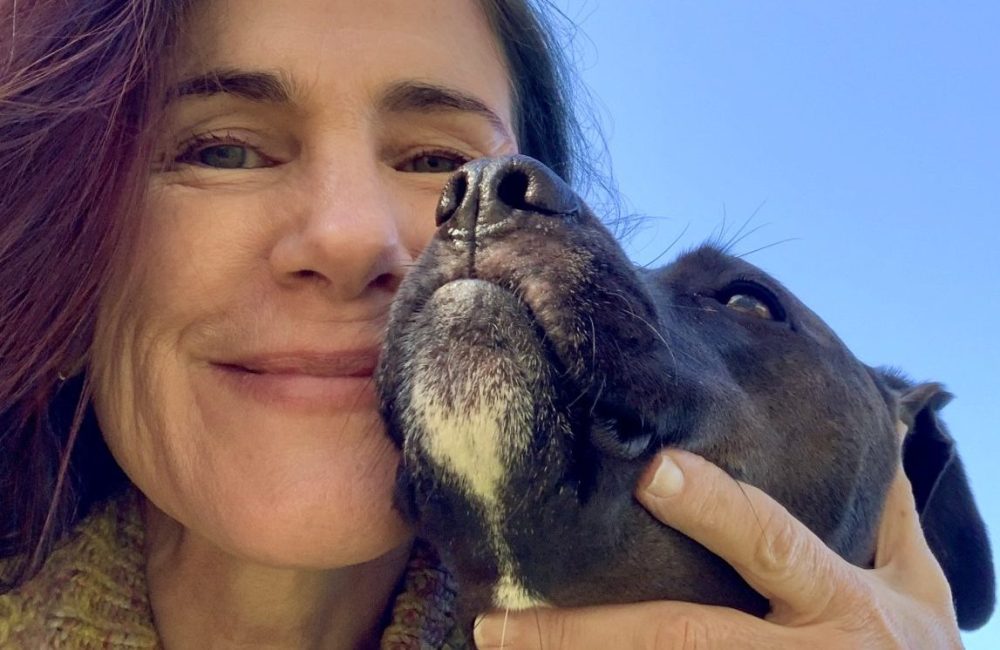
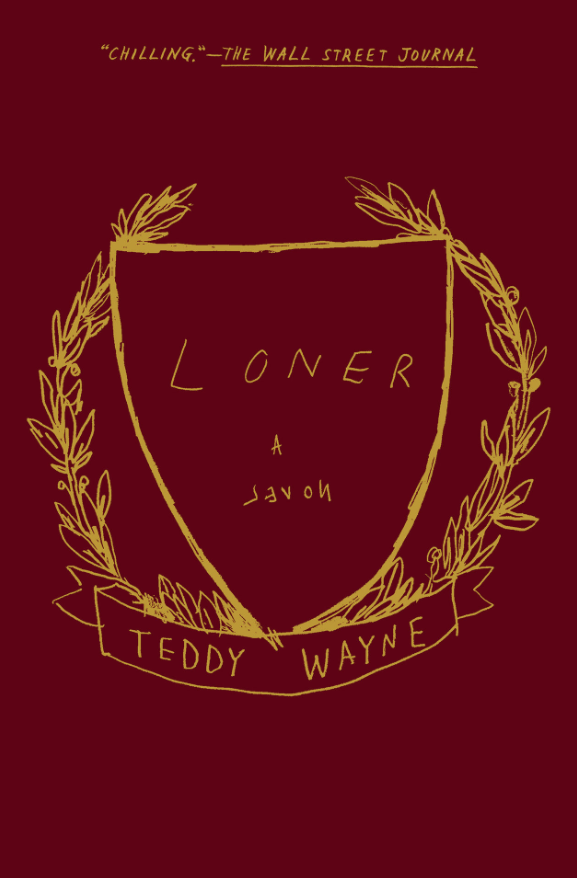
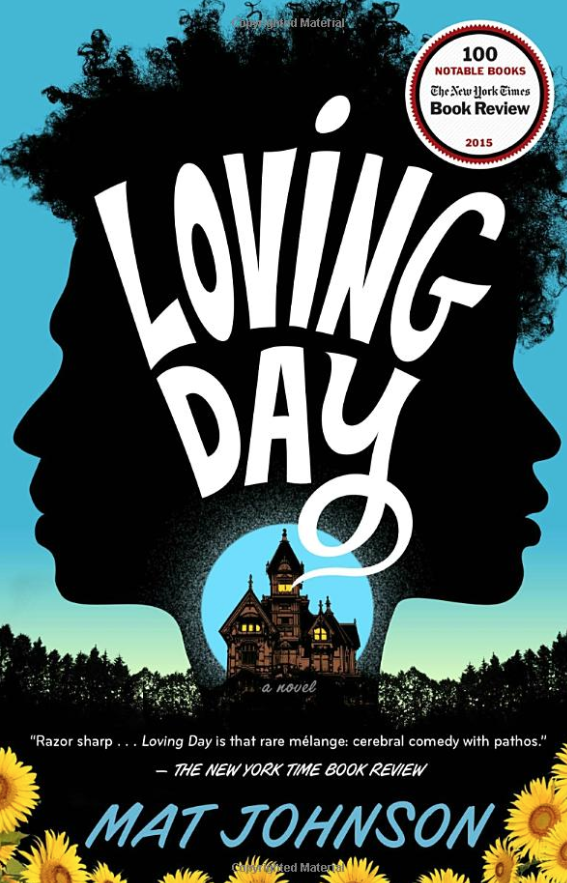
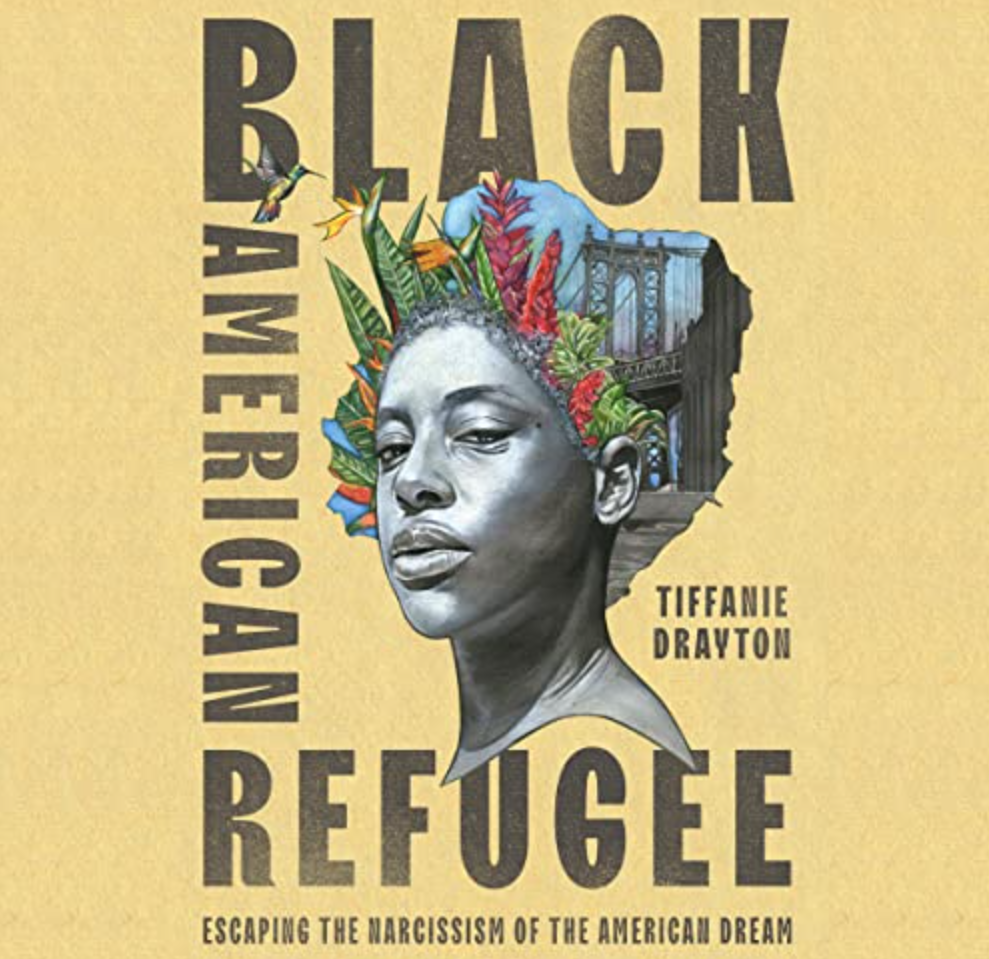
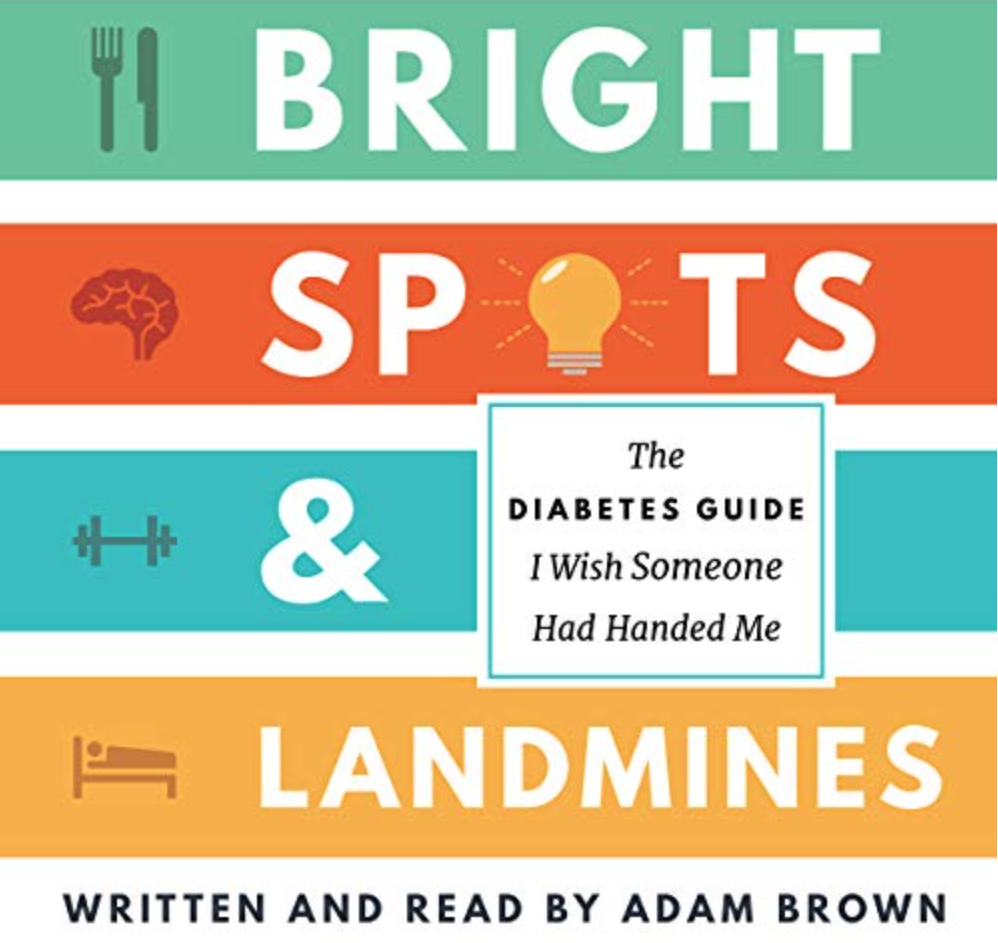
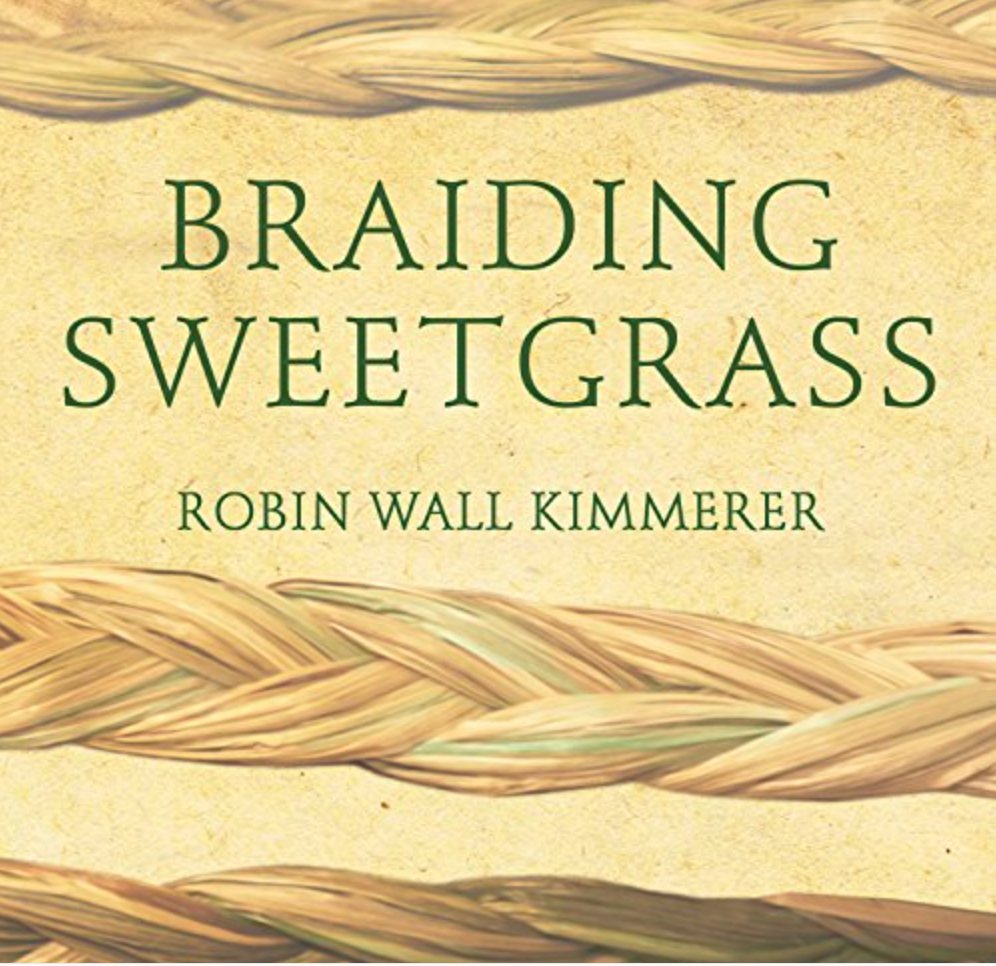

Happy to hear that you had a nice day. All good in my side thank you, I do post every second week. I’m grateful for my much needed 9-5 job but it takes up unfortunately most of my time.
LikeLiked by 1 person
glad you’re ok, Hen 🙂
LikeLiked by 1 person